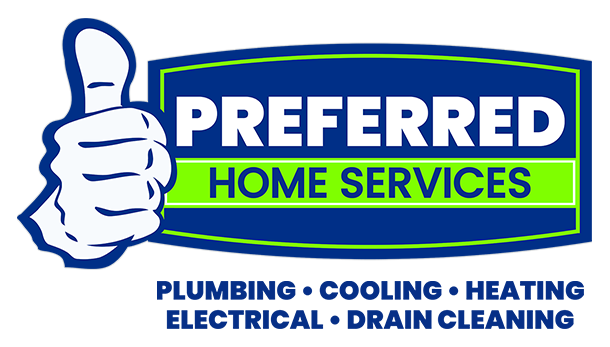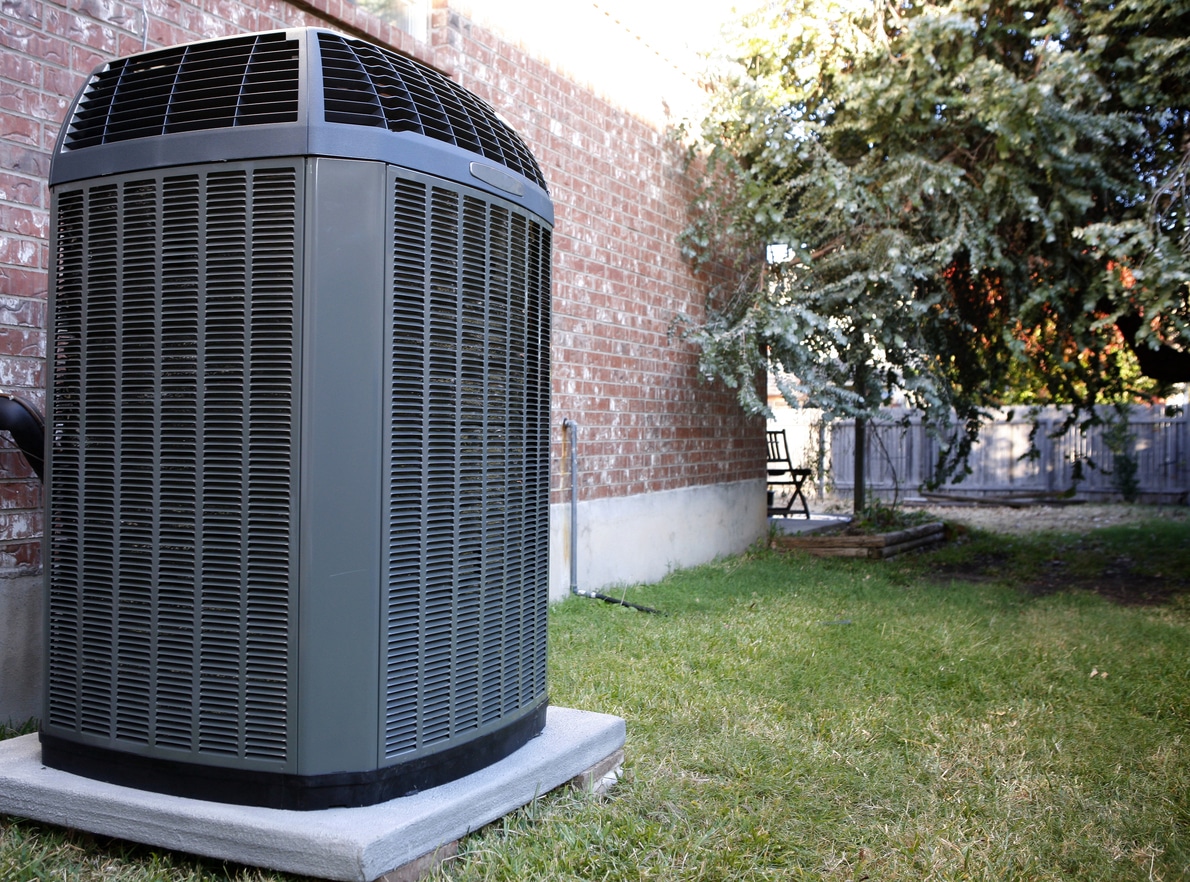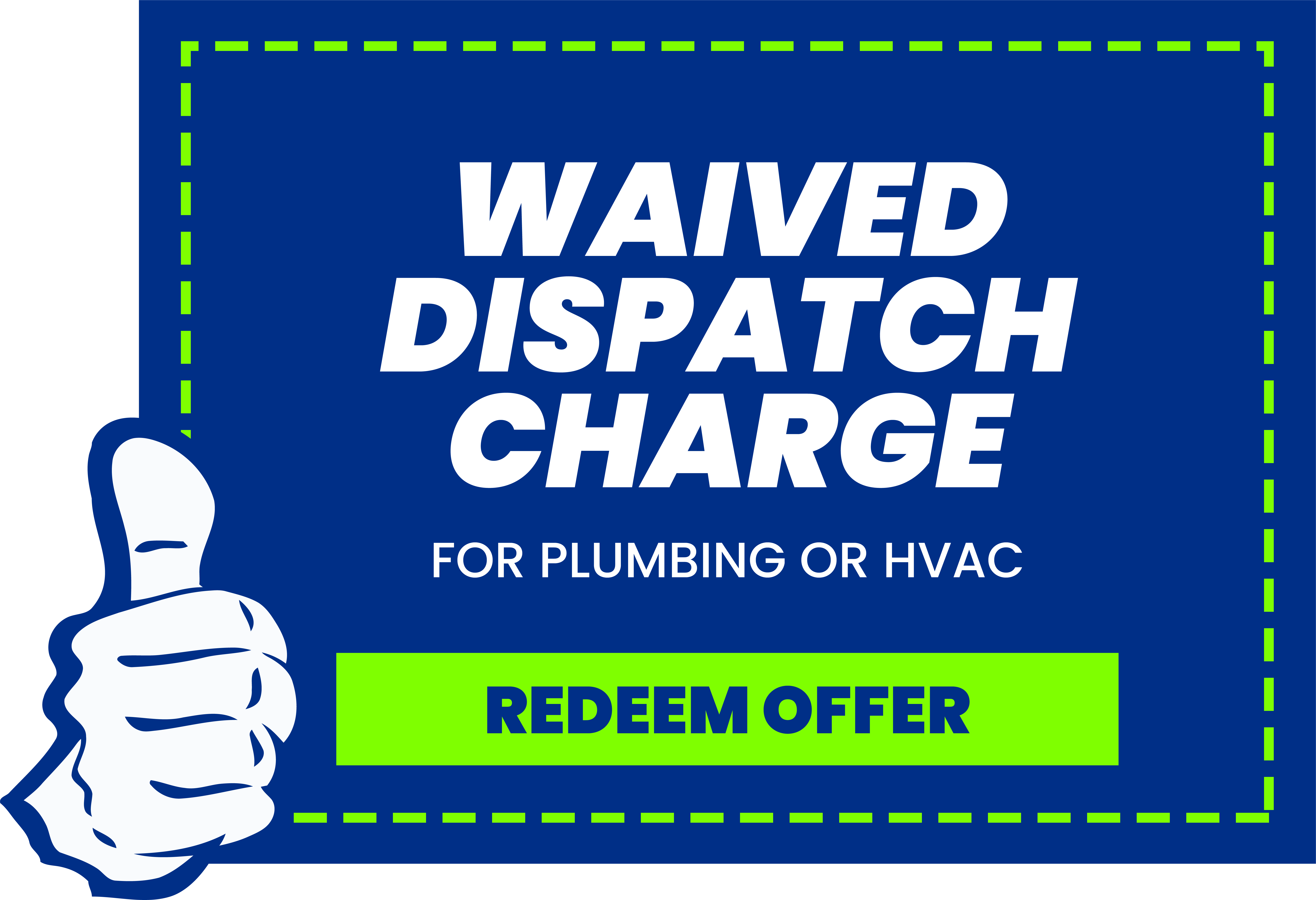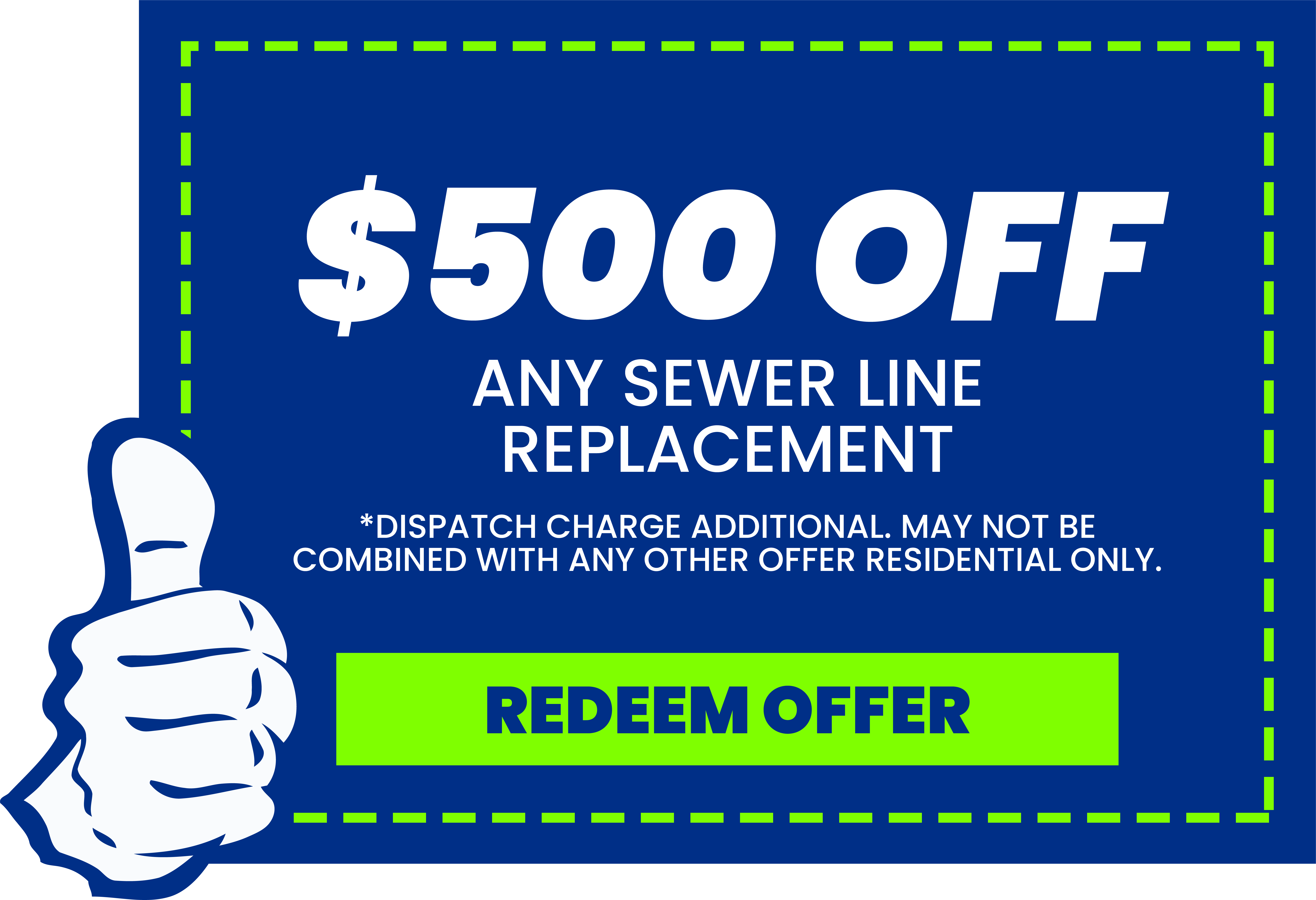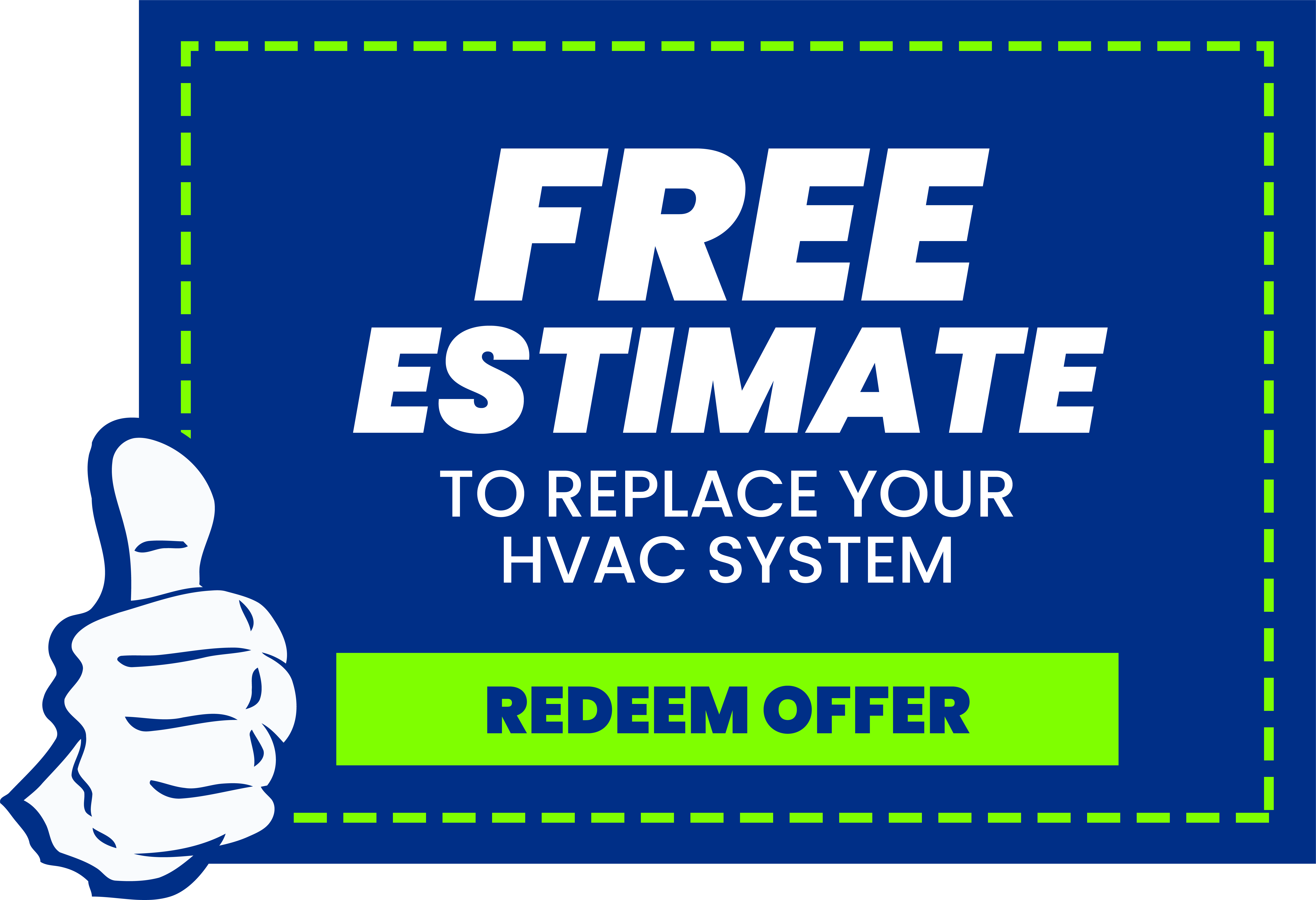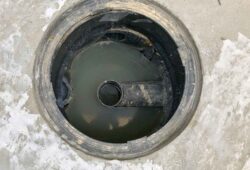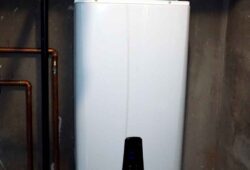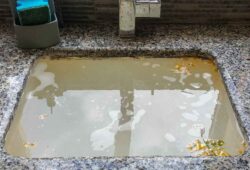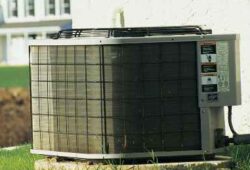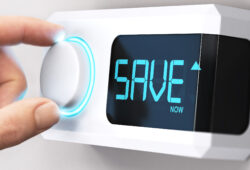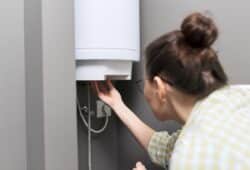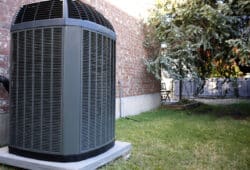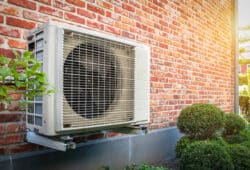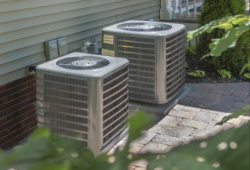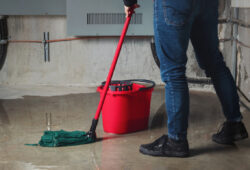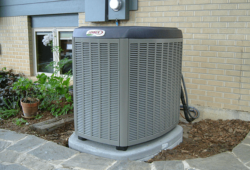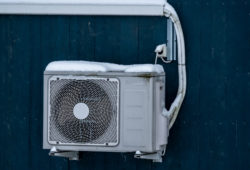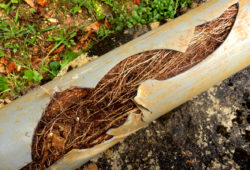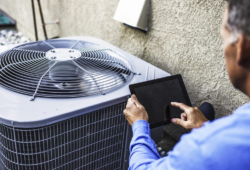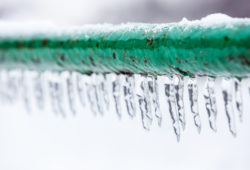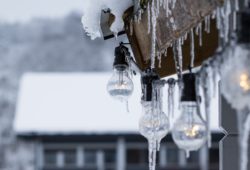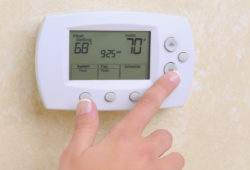HVAC units are crucial in maintaining indoor comfort and air quality, especially in a state like South Carolina. With its hot and humid summers and milder winters, HVAC systems are essential for creating a comfortable living environment year-round. When it comes to these essential systems, it’s important to consider the cost of ownership. Beyond the initial purchase price, the cost of ownership in South Carolina includes maintenance, repairs, energy consumption, and eventual replacement.
The region’s climate places a heavy demand on HVAC units, leading to increased energy usage. This makes energy savings a significant factor to consider when making decisions about repair and replacement. In this blog post, we will explore the long-term financial impact of repair and replacement options for HVAC units in South Carolina.
The Cost of Ownership
The cost of ownership encompasses all expenses associated with a heating and cooling unit throughout its life span. While repair costs can be a significant factor, it is essential to consider other components, such as maintenance, energy consumption, and eventual replacement. To make an informed decision, a cost-benefit analysis is necessary. Factors to consider include the age and condition of the existing system, the cost of repairs compared to a new unit, estimated energy savings with an energy-efficient unit, and future repair and maintenance costs.
Factors To Consider When Repairing Your HVAC Unit
Homeowners often face a dilemma when confronted with substantial repair costs for their air conditioner or a heating system nearing the end of its life span. While repairs may offer a short-term solution, there are several potential drawbacks to consider:
- Limited return on investment: Investing a significant amount in repairs may not be financially wise if the system requires replacement in the near future. The money spent on extensive repairs may never be recouped.
- Increased future repair costs: Older systems are more prone to breakdowns, leading to additional repair expenses. These costs can quickly accumulate and outweigh the benefits of repairs.
- Energy inefficiency: Older units tend to be less energy-efficient, resulting in higher utility bills. Repairing an inefficient system may only offer temporary relief and does not address the long-term energy-saving potential.
- Environmental impact: Outdated systems contribute to higher energy consumption and carbon emissions. Opting for repairs rather than replacement prolongs the use of less energy-efficient equipment.
Long-Term Benefits of Replacing Your Heating & Cooling System
Replacing HVAC units with newer, energy-efficient models offers several advantages, including:
- Improved energy efficiency: Energy-efficient units reduce energy consumption, resulting in lower utility bills over time. These savings can help offset the initial investment of a new unit.
- Enhanced comfort and indoor air quality: Newer systems provide better temperature and humidity control, leading to increased comfort. They also offer improved air filtration, promoting better indoor air quality and a healthier living environment.
- Reduced likelihood of breakdowns and costly repairs: Upgrading to a new system minimizes the risk of future breakdowns, saving on potential repair costs. New units come with warranties that offer additional protection and peace of mind.
- Environmental benefits: Energy-efficient equipment significantly reduces carbon emissions, contributing to a greener and more sustainable future.
- Potential rebates or incentives: Upgrading to an energy-efficient unit may make homeowners eligible for rebates or incentives offered by utility companies or government programs, further reducing the upfront costs.
Deciding Between HVAC Repair or Replacement
In summary, when faced with the decision of repair versus replacement for your HVAC unit, seeking professional advice, considering repair costs and the system’s age, and evaluating potential energy savings are all vital factors.
Taking these guidelines into account will allow you to make an informed decision that considers the long-term financial impact and energy efficiency of your HVAC system. By considering the cost of ownership and the potential for energy savings, you can ensure that your decision aligns with your goals for comfort, financial savings, and environmental sustainability.
In need of HVAC replacement in the Greenville area? Call Preferred Home Services at (864) 206-5620 to schedule services today!
